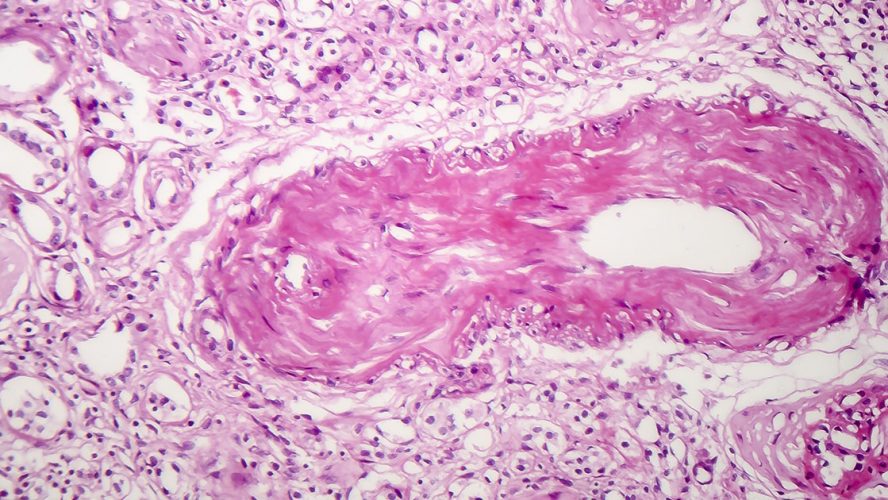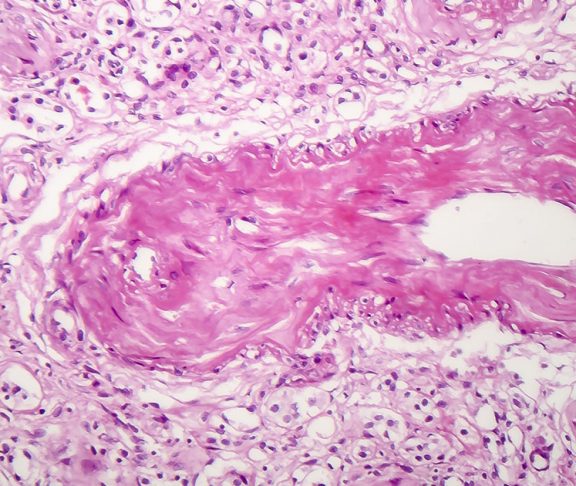If you have type 2 diabetes, you are more likely to develop kidney disease.
In the United States, 37 million adults are estimated to have kidney disease but only about 10 percent are diagnosed. That means millions of adults are walking around with kidney disease but don’t know it. One in every three adults in the country is at risk of developing kidney disease.
Type 2 diabetes is a leading cause of kidney failure, and if your kidneys fail, you will need dialysis or a kidney transplant to survive. People with kidney disease and type 2 diabetes are three times more likely to die from a heart attack or stroke than patients with type 2 diabetes alone. The fact is that kidney disease is a dangerous comorbidity of type 2 diabetes.
The earlier you discover kidney disease, the better your chances of receiving the best prognosis. Early diagnosis and intervention are critical for slowing the progression of the disease.
What is type 2 diabetes?
Type 2 diabetes is a disease in which your body cannot regulate sugar, and it occurs because your body cannot use insulin well. High blood sugar can cause all sorts of problems in the body, including damaging your kidneys.
Diabetes cannot be cured, but it can be well managed with diet, exercise, and medications.
What should you do?
If you have type 2 diabetes, talk to your doctor about kidney disease; you should be tested for kidney disease every year. It’s also important to home monitor your blood glucose levels, control your blood pressure, and adhere to your special diet.
The earliest sign of diabetic kidney disease is an increased excretion of the protein albumin in urine. This will happen long before the usual tests done in your doctor’s office show evidence of kidney disease.
Other signs of kidney disease include: weight gain, ankle swelling, and leg cramps; frequent bathroom visits at night; high blood pressure; high levels of blood urea nitrogen and serum creatinine; less need for insulin or antidiabetic medications; morning sickness, nausea, and vomiting; weakness, paleness, and anemia; and itching.
How’s your bladder?
Diabetes can injure small blood vessels. When the vessels in kidneys are injured, the organs cannot clean blood properly. The body will retain more water and salt than it should, and waste materials will build up in your blood.
Diabetes can also cause nerve damage that can sometimes make it difficult to empty your bladder. The pressure resulting from a full bladder can injure kidneys or cause infection.
If you have type 2 diabetes, speak with your healthcare professional about having your blood, urine, and blood pressure checked at least once a year. Controlling your diabetes can lower your risk of developing severe kidney disease.

